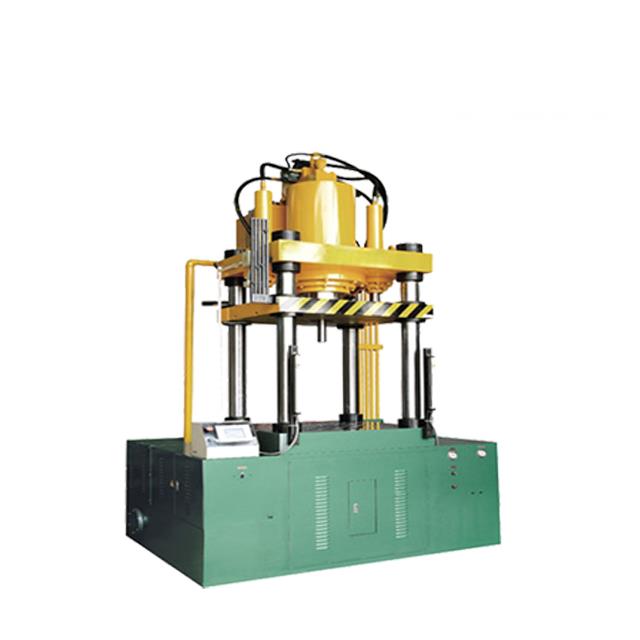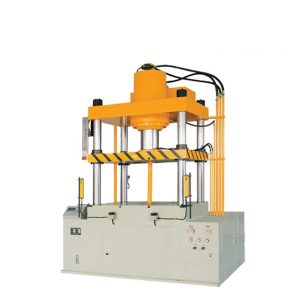Many people claim that hydraulic systems are inefficient and consume a lot of energy, but is this truly the case when considering hydraulic system efficiency? Let’s explore the factors behind this belief and understand the reality.

Why Are Hydraulic Systems Considered Inefficient?
The perception that hydraulic systems waste a lot of energy comes from the multiple energy conversions they require. First, electrical energy turns into mechanical energy. Then, the mechanical energy converts to hydraulic energy, which eventually transforms back into mechanical energy to perform work. This series of conversions might make hydraulic systems appear inefficient. However, this doesn’t necessarily mean hydraulic systems are worse than others. The efficiency depends on how well the system manages these conversions. With proper design, hydraulic systems can operate just as efficiently as other systems.
Can We Avoid Energy Conversion?
Some suggest improving efficiency by skipping unnecessary energy conversions and using the “most primitive form of energy.” However, energy must always convert into a usable form—usually mechanical energy—to perform work. Whether in hydraulic, mechanical, or electrical systems, each requires energy conversion. Even mechanical systems undergo multiple stages of energy conversion. For example, electrical energy first converts into low torque, high-speed rotational motion, then changes into the final work output. Therefore, efficiency depends on how well the system uses energy at each stage, not just the number of conversions.

What Affects Hydraulic System Efficiency?
A significant factor that affects hydraulic systems’ efficiency is leakage, particularly volumetric leakage, which reduces performance. However, we should evaluate system efficiency holistically rather than focus solely on leakage. Other systems, such as electrical transmission, also experience losses, including current leakage. These losses contribute to reduced efficiency in all systems. To improve efficiency, we must minimize these losses and optimize the system’s design to use energy more effectively.
How Do We Evaluate System Energy Efficiency?
We can assess energy efficiency by comparing the energy required to do a task with the energy supplied to the system. For instance, if a system needs 10 kWh to do work but receives 100 kWh, the efficiency is only 10%. Conversely, if the system needs 10 kWh and receives 12 kWh, the efficiency rises to 83%. This shows that even when a system receives more energy than it needs, it can still be efficient if it uses most of that energy for useful work. Ultimately, the true measure of efficiency is how effectively the system converts energy into work.
Hydraulic vs. Mechanical Systems
When comparing hydraulic systems to mechanical systems, we must recognize that no system is inherently better in terms of energy consumption or efficiency. The efficiency of any system depends on its design, optimization, and how effectively it converts energy into work. Each system—whether hydraulic, mechanical, or electrical—has unique advantages and challenges. To maximize efficiency and minimize energy consumption, we must focus on optimizing system design and ensuring peak performance.
In conclusion, the efficiency of any system—whether hydraulic, mechanical, or electrical—depends on how well it manages energy. The number of energy conversions is less important than how effectively the system performs its task. With the right design and optimization, hydraulic systems can be just as efficient as other systems.



